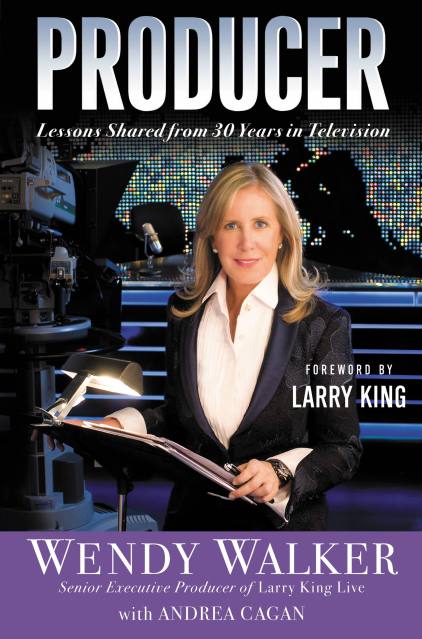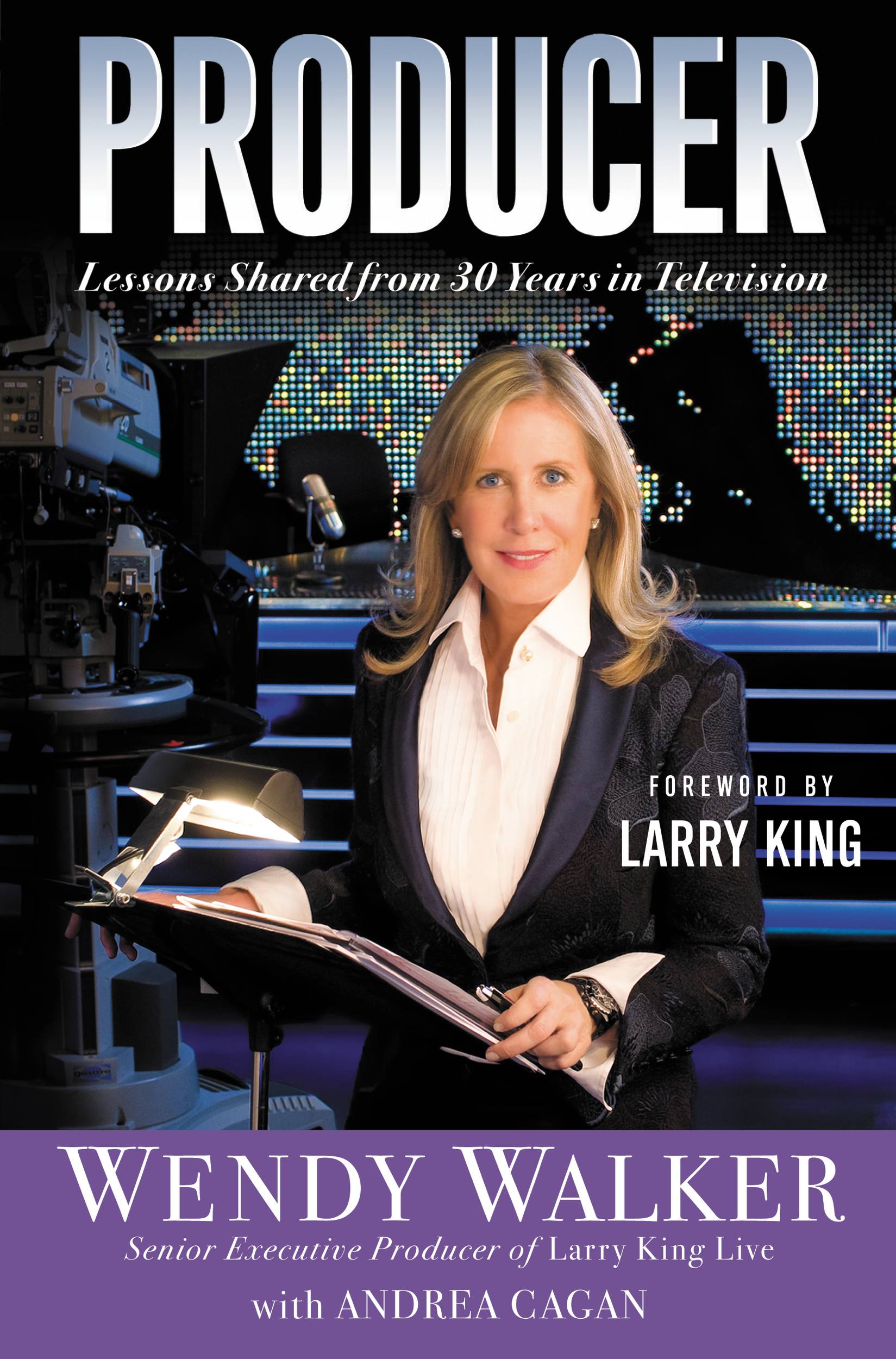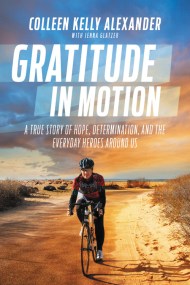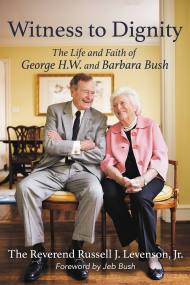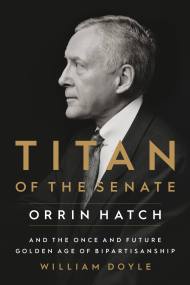Promotion
Use code MOM24 for 20% off site wide + free shipping over $45
Producer
Lessons Shared from 30 Years in Television
Contributors
By Wendy Walker
With Andrea Cagan
Foreword by Larry King
Formats and Prices
Price
$11.99Price
$15.99 CADFormat
Format:
ebook (Digital original) $11.99 $15.99 CADThis item is a preorder. Your payment method will be charged immediately, and the product is expected to ship on or around November 16, 2010. This date is subject to change due to shipping delays beyond our control.
Also available from:
From the shocking death of Michael Jackson to the first television interview with the Watergate scandal’s Deep Throat, Wendy Walker has a wealth of never-before-shared stories involving the most relevant events and people of our time.
Starting as an ABC secretary over thirty years ago, she has risen through the male-dominated world of television production. Her passion, intellect, and work ethic are undeniable, but it’s her heart that has always been her guide. It’s with the same zeal and loving spirituality that she shares the insights gained during her long climb to the top. With empowering advice and inspirational thoughts, Wendy Walker has not only gained a lifetime of experience, but the wisdom to know that it needs to be shared.
Genre:
- On Sale
- Nov 16, 2010
- Page Count
- 320 pages
- Publisher
- Center Street
- ISBN-13
- 9781599953908
Newsletter Signup
By clicking ‘Sign Up,’ I acknowledge that I have read and agree to Hachette Book Group’s Privacy Policy and Terms of Use
